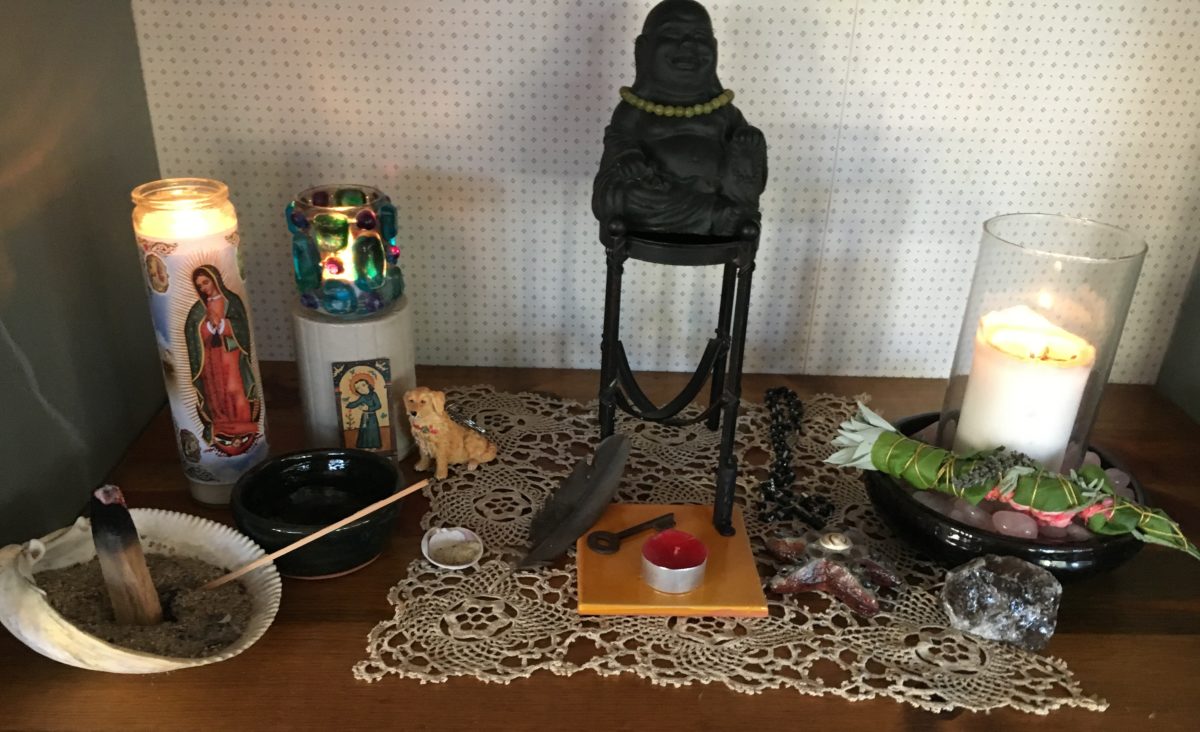I’ve been noticing a trend on Social Media lately. When someone posts about a sick or lost pet, or a dying family member, or some urgent emotional need, the friend responses are (often) rather predictable, watered down commitments of support. “I’ll send positive thoughts.” “Sending healing energies of light and love.” “Sending good vibes and thinking happy thoughts!”
“I will pray for you.”
This once common sentiment seems to have fallen a bit in usage, but why? Isn’t this what the Social Media Friends are trying to say? Not certain at all, I looked up the definition of ‘prayer’.
Oops! Careful, there! The first site I hit was (no surprise) an evangelical Christian site, which stated,
Prayer can be audible or silent, private or public, formal or informal. All prayer must be offered in faith (James 1:6), in the name of the Lord Jesus (John 16:23), and in the power of the Holy Spirit (Romans 8:26).
Really?? So, Jews don’t pray. Muslims don’t pray. Pagans don’t pray??
As witches, we know that it is all about intention. As a Catholic, I knew that lighting a prayer candle insured that my prayer would extend and still be ongoing, as long as the candle was lit. Witches do the same thing. We light vigil candles to honor our deities, and offer prayers to them, or to the universe, or Source, or whomever or whatever we believe might answer our prayers.
Can Atheists pray? Sure, why not? If an Atheist, recognizing their own limitations to bring about a desired outcome, states aloud or silently a wish or a plea (to the universe, or whoever may be listening) for this outcome to occur, it is a prayer.
To be clear, the above quote may well define Christian prayer. But, look in any dictionary and you will find another meaning: a prayer is an earnest hope or wish. “I earnestly hope you will recover.” “I hope with all my heart that you find your beloved lost cat.” “I will pray for you.”
I wish you blessings.

